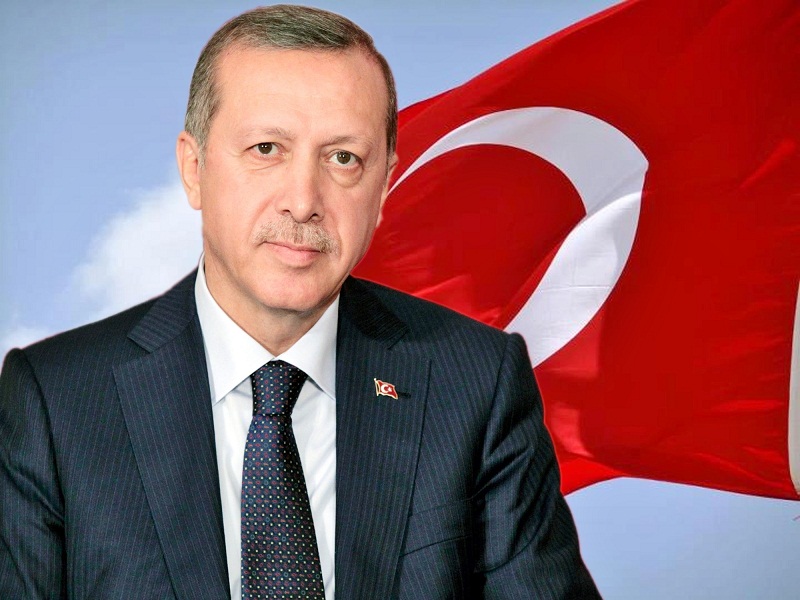Written by: Dr. Ghulam Nabi Fai
“The people of the State of Jammu & Kashmir have no words to express their heartfelt thanks to President Recep Tayyip Erdogan, the President of Republic of Turkey for reiterating one more time his Administrations support for the just cause of Kashmir. His words today at the 75th session of the United Nations General Assembly have become source of inspiration and given hope to millions of hopeless people of the region. His statement at the United Nations General Assembly was the true reflection of the aspirations of the people of Kashmir. His reference to Kashmir is a statement of facts when he said, “The Kashmir conflict, which is also key to the stability and peace of South Asia, is still a burning issue. Steps taken following the abolition of the special status of Jammu – Kashmir further complicated the problem. We are in favour of solving this issue through dialogue, within the framework of the United Nations resolutions and especially in line with the expectations of the people of Kashmir.”
President Erdogan’s statement today is consistent with his statement, which he made in May 2017 during an interview with WION television channel “We should not allow more casualties to occur, and by strengthening multilateral dialogue, we can be involved, and through multilateral dialogue, I think we have to seek out ways to settle this question (Kashmir) once and for all.”
President Erdogan’s mention here for multilateral dialogue is also consistent with the statement made the President of the United Nations General Assembly, Ambassador Volkan Bozkir who also happened to be a Turkish diplomat, who said, Multilateralism is not an option, but a necessity.”
It is true that bilateralism has failed in resolving the Kashmir conflict. The mantra has been repeated by some world powers that they have no alternative but to rely on bilateral talks between India and Pakistan to achieve a settlement. The experience of more than seventy years is ignored. No bilateral talks between India and Pakistan have yielded agreements without the active role of an external element. The missing element is sustained and coordinated diplomatic persuasion by peace-loving democratic powers. The vision of President Erdogan needs to be pursued by the United Nations – the engagement of a multilateral effort — one or two permanent members of the Security Council along with India, Pakistan, Kashmiri leadership and Turkey. Turkey can play an effective role in bringing parties together, being friendly to both India and Pakistan
The proposal may seem rather unconventional but we believe that it would be a striking demonstration of the global statesmanship, which the United Nations can summon in the cause of peace, international security and human betterment.
The United Nations has two choices before them. One is to continue confining itself to warning both Pakistan and India against going to war with each other. This policy bases the no‑war prospect in South Asia on a very precarious foundation. The prospect of a nuclear exchange in that vast Subcontinent cannot be dismissed in the event of hostilities breaking out between the two countries.
The second option is to play a more activist, mediatory role in regard to Kashmir as suggested by President Erdogan. This can take the shape of a multilateral dialogue or an appropriate use of the newly‑developed procedures and mechanisms at the United Nations. The U.N. would supply the catalyst that is needed for a settlement.
Dr. Fai can be reached at: 1-202-607-6435 or gnfai2003@yahoo.com
